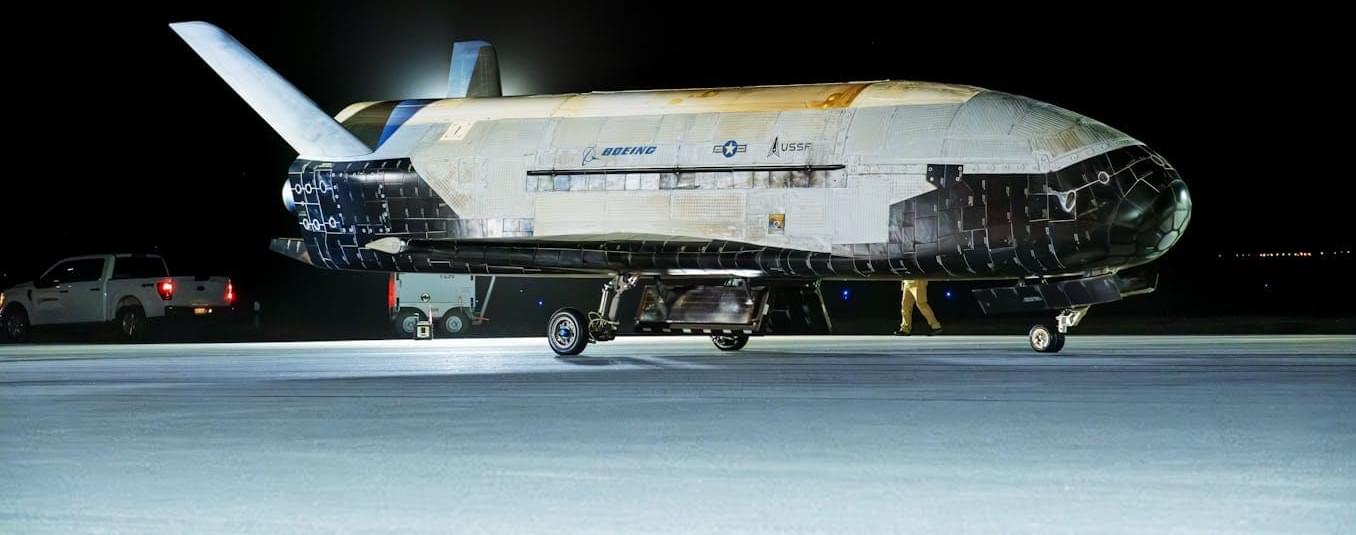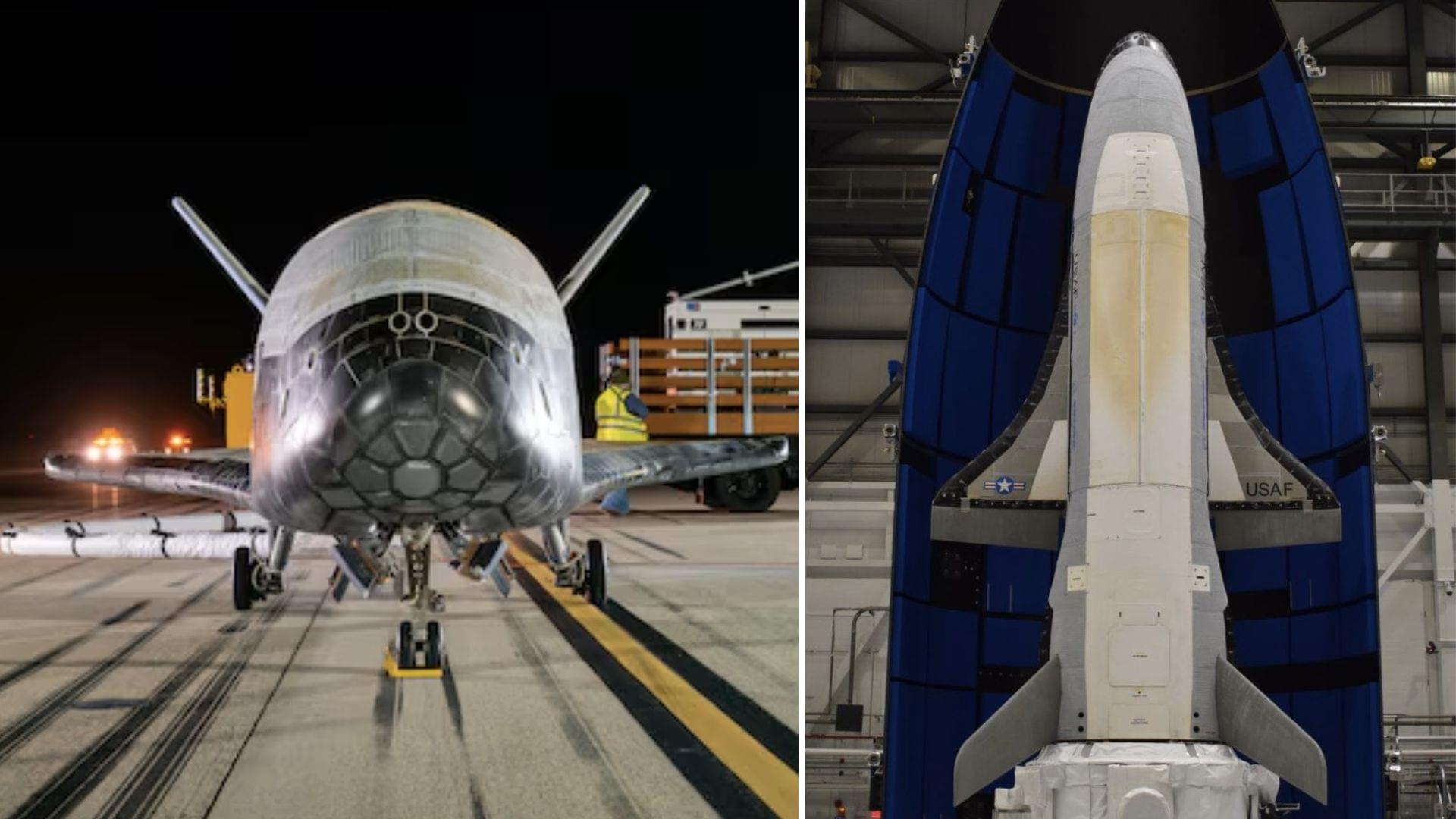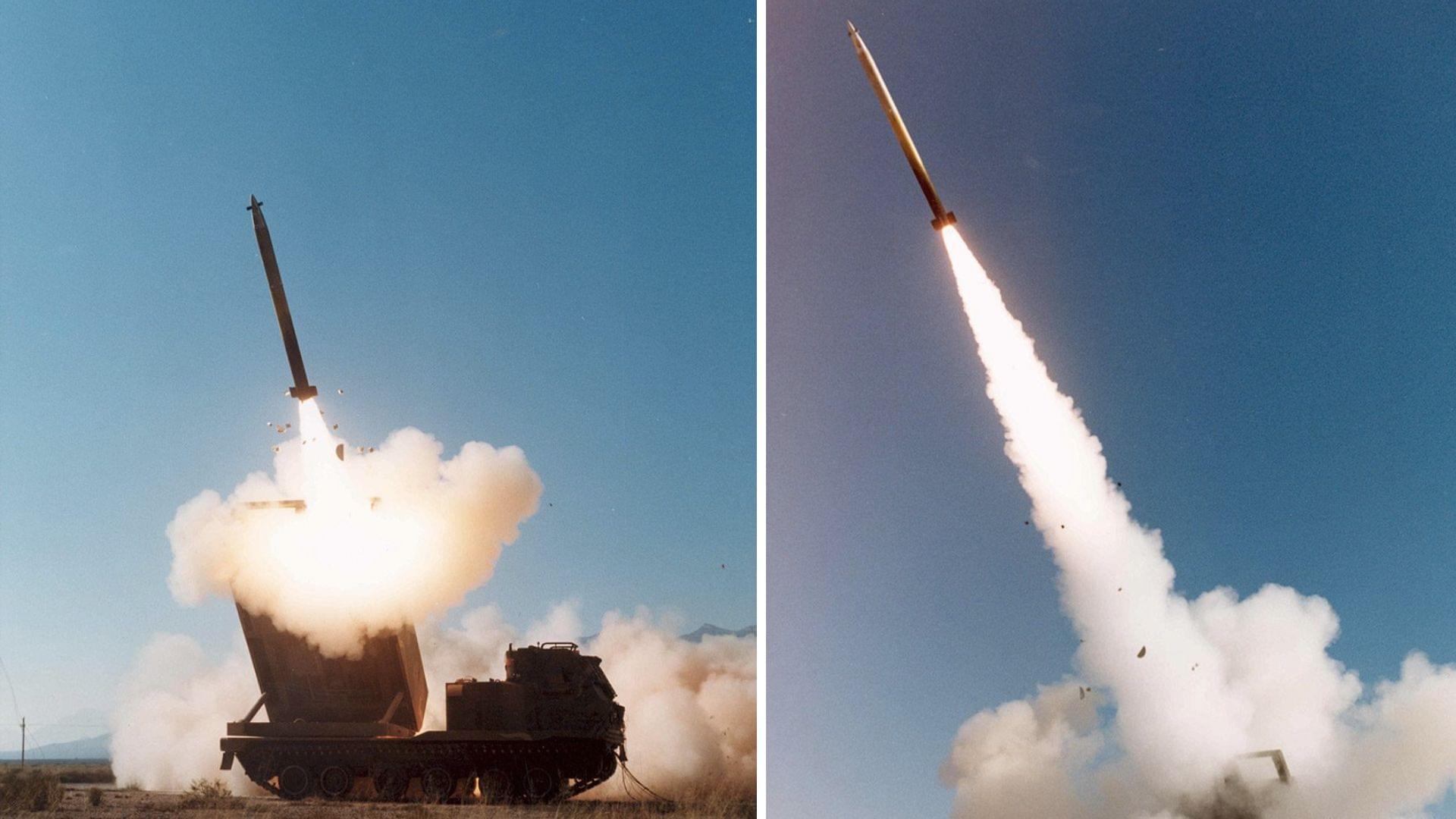The U.S. National Security Agency (NSA), the UK’s National Cyber Security Centre (NCSC), and partners from over a dozen countries have linked the Salt Typhoon global hacking campaigns to three China-based technology firms.
According to the joint advisories [NSA, NCSC], Sichuan Juxinhe Network Technology Co. Ltd., Beijing Huanyu Tianqiong Information Technology Co., and Sichuan Zhixin Ruijie Network Technology Co. Ltd. have provided cyber products and services to China’s Ministry of State Security and the People’s Liberation Army, enabling cyber espionage operations tracked as Salt Typhoon.
Since at least 2021, the Chinese threat actors have breached government, telecommunications, transportation, lodging, and military networks worldwide, stealing data that can be used to track targets’ communications and movements worldwide.






